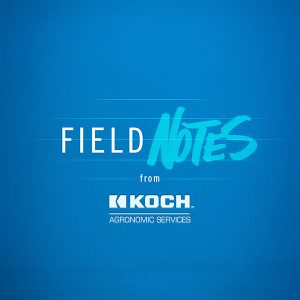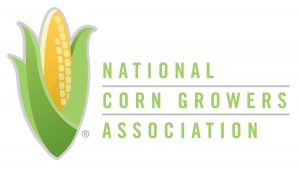 Virtual is the new reality for 2020.
Virtual is the new reality for 2020.
As events continue to be cancelled or postponed this year, it’s becoming obvious that conferences and meetings going forward will have at least some component of virtual content to provide for people unable to make it in person.
ZimmComm has been doing virtual meetings and conferences since 2005 – it’s really our specialty.
When we go on-site to a conference, creating audio, video and photo content for media, attendees, and others, what we have have been doing is creating a virtual experience of the meeting for people who can’t be there, or those who want to see or hear it again. It’s why we call AgNewsWire the “virtual newsroom” for agricultural news and events.
Here are a few examples:
Virtual newsroom on AgNewsWire
2019 ASTA CSS & Seed Expo
Customized blog for conference
National Biodiesel Conference blog since 2006
Customized webpage for conference
Cattle Industry Conference
Interviews to supplement virtual conference
Alltech ONE Virtual Experience
Exhibitor content to share from trade show
AMVAC at 2019 Commodity Classic
Companies are restricting travel – we can help create a virtual experience for a trade show. Reporters are also being restricted in their travel, so what we do is even more important to increase your media exposure at events. We are brainstorming lots of ideas with clients so give me a call 573-230-3024 to see how we can help you.






 Donnell DeLosh, agronomy production supervisor for
Donnell DeLosh, agronomy production supervisor for 

